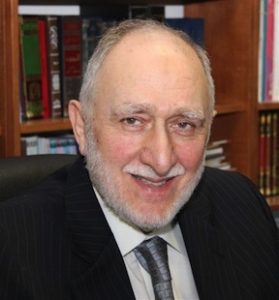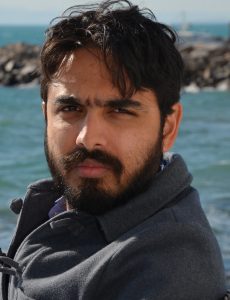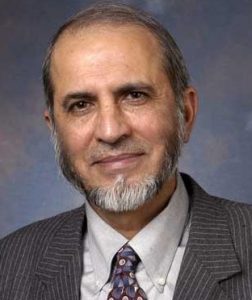Professor Ismail Raji al Faruqi (1921-1986) was a co-founder of International Institute of Islamic Thought (IIIT) and Association of Muslim Social Scientists (AMSS). Born in Jaffa, Palestine, he completed his undergraduate education from the American University in Beirut. He eventually relocated to the United States where he pursued graduate studies in philosophy. Prof. al Faruqi studied Islam at al Azhar University, Cairo, from 1954 to 1958. In 1968, he joined Temple University’s newly established Department of Religion and founded the Islamic Studies program there. In addition, in 1973, Prof. al Faruqi initiated the Islam section at the American Academy of Religion (AAR). He was also the President of the American Islamic College in Chicago.
His own intellectual and faith journey is apparent from his famous quote: “Until a few months ago, I was a Palestinian, an Arab, and a Muslim. Now I am a Muslim who happens to be an Arab from Palestine.”
Prof. al Faruqi was an exceptional scholar of Islam and comparative religions who was trained at Indiana University, Harvard University, and McGill University. He was among the pioneers who represented Islam in interreligious dialogue when this movement was just beginning. Indeed, he was a scholar who engaged with not only the history of religion but also the challenges religion, especially Islam, faced in contemporary times. Prof. al Faruqi authored, with his wife Dr. Lamya al Faruqi – a distinguished scholar of Islamic art – the seminal work titled The Cultural Atlas of Islam. His many publications include Christian Ethics: A Historical and Systematic Analysis of its Dominant Ideas (McGill University Press, 1967) and Al Tawhid: Its Implications for Thought and Life (IIIT, 1982).
He was – and still is seen as – a brilliant intellectual, whose legacy of reform and scholastic efforts still reverberate today and will continue to do so. May God have mercy on him. Ameen.





